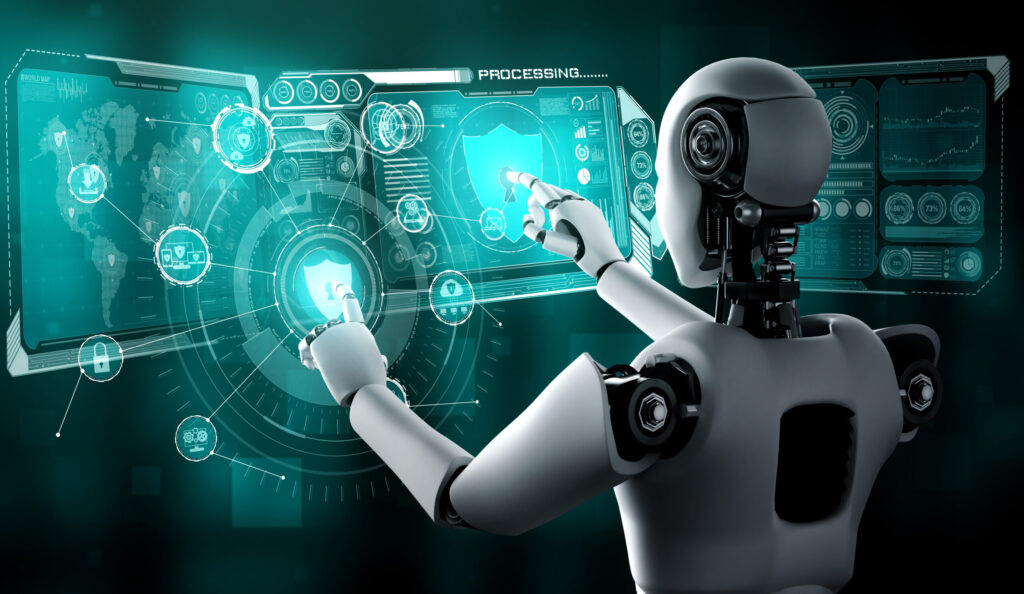
From deepfakes to biases and hallucinations, much has been written about the negative aspects of generative AI tools like ChatGPT. But these powerful applications can also empower individuals by taking over routine tasks, while helping charities and non-government organizations (NGOs) advance causes for good.
“With the power of human ingenuity and compassion, we can make a difference,” said Louise Daley, customer experience, Avaya, at an Avaya ENGAGE session, “How AI is Transforming for the Good.” She noted that AI-driven use cases in the contact center support human agents and can improve the customer experience. But along with making a difference in a business, AI tools can have a global impact.
Daley cited the example of a bread-making company in Japan that used AI-driven image recognition tools to see if selling loaves without wrappers would increase sales. An oncologist heard about this application and helped develop an image-based detection system for breast cancer with 99 percent accuracy.
Breaking down language barriers is another way AI can be a force for good, Daley said. “With natural language processing (NLP) and deep machine learning, we can provide voice and translations immediately for non-English-speaking students, parents and teachers. In this way, AI can create educational programs specific to an individual child, and foster better communication on a global scale.”
Bringing clean water to millions
Scott Harrison, CEO and founder of the nonprofit Charity: Water, gave another example of how AI can be for powerful force for good. In his Avaya ENGAGE keynote talk, Harrison outlined his humanitarian work in developing countries over the past two decades. “While volunteering on a medical mission to Liberia, I learned that dirty water was making people sick, causing about half the disease in that country,” he said. “Now, I want to bring clean water to everyone on earth.”
Currently, more than 700 million people worldwide are drinking dirty or toxic water, because it’s all they have available. Through his charity, Harrison raises funds to engage local well-drilling teams that bring clean, safe water to rural communities. Because the wells can stop working without the right maintenance, Charity: Water’s engineering team developed “smart wells,” using AI tools with cloud connectivity to monitory functionality. “Now, if we see a problem, we can dispatch a repair team and get it flowing again,” Harrison said.
To date, Charity: Water has raised $2 billion to fund 152,000 water projects around the world, including a recent donation from Avaya. “Water impacts health, education, and the lives of women and girls,” Harrison said. “This is a solvable problem, and we must go faster.”
Leading-edge products
Avaya ENGAGE emcee and tech guru Katie Linendoll outlined several exciting new products that exemplify AI’s power for good. For example, XanderGlasses developed smart closed-caption assistive devices that that allow people who are hard of hearing to understand spoken words in real time. She also cited EarliTec Diagnostics‘ solution, which uses AI-based eye-tracking technology to scan a child’s eye movement while watching videos and can detect autism spectrum disorder in about 15 minutes.
As Daley said in her talk, “It is up to us to take AI to the next level, beyond our business objectives. Let’s use these tools to improve the lives of others in our community and around the world.”